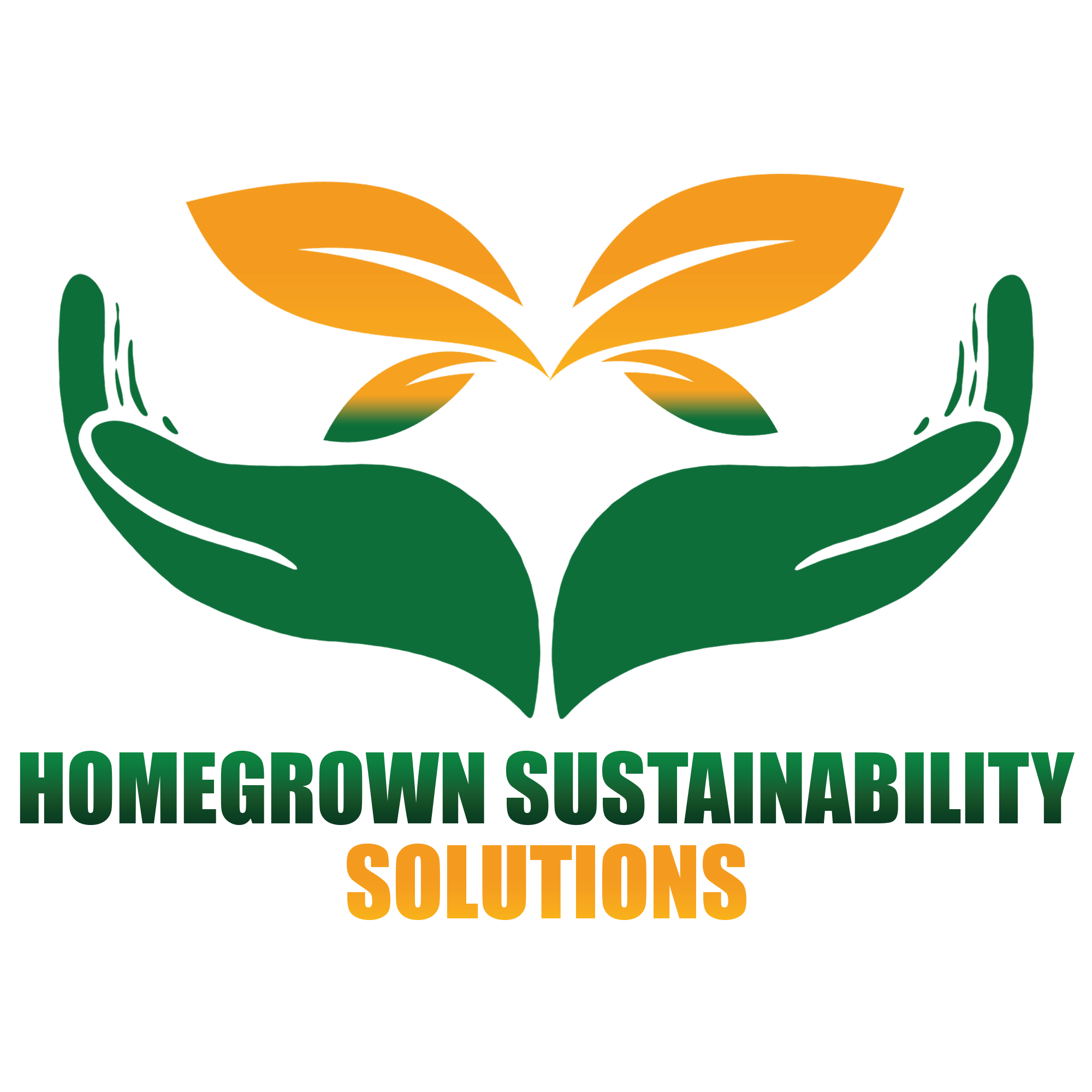Vision
Building a resilient and equitable world, where the interconnectedness of nature and culture are celebrated and protected for generations to come.
Mission
We strive to create a transformative landscape where women, marginalized groups, and diverse communities actively participate in shaping a regenerative and harmonious future for both people and the planet.
Core Values
Respect for diversity & local knowledge
- Inclusive participation
- Adaptability and innovation
- Environmental Stewardship
- Collaboration and partnerships
- Holistic Approach
Approaches:
- Traditional Ecological Knowledge (TEK) Integration:
Integrating traditional ecological knowledge held by indigenous communities or local people into restoration efforts allows for a deeper understanding of local ecosystems, biodiversity, and sustainable land-use practices. TEK provides valuable insights into historical landscape management, species distribution, and ecosystem dynamics.
- Ecocultural Participatory Mapping:
Using participatory mapping techniques, local communities actively contribute to mapping their landscapes, identifying important natural and cultural features, sacred sites, and areas for restoration. This process ensures that restoration efforts align with local priorities and cultural values.
- Agroforestry and Indigenous Farming Practices:
Promoting agroforestry and indigenous farming practices can enhance biodiversity while providing food security and income generation for local communities. These practices combine tree planting with crop cultivation and traditional land-use methods to restore degraded areas.
- Cultural Heritage Restoration:
Preserving and restoring cultural heritage sites, including sacred sites, historical landmarks, and traditional cultural practices, is a crucial aspect of Homegrown Sustainability Solutions work. This ensures the continuity of cultural practices and their integration into land management and conservation efforts.
- Community-Based Conservation:
Implementing community-based conservation models empowers local communities to actively participate in restoration and conservation activities. Collaborative decision-making and shared responsibility contribute to long-term sustainability and success.
- Ethnobotanical Gardens:
Establishing ethnobotanical gardens can serve as living repositories of traditional plant knowledge and biodiversity. These gardens showcase and preserve traditional plant species used for food, medicine, and cultural practices.
- Community Dialogue, storytelling, Education and Capacity Building:
Promoting dialogue, education and capacity building initiatives within local communities fosters a deeper understanding of the ecological and cultural significance of restoration efforts. This empowers community members to take active roles in biocultural restoration projects.
- Intergenerational Knowledge Transmission:
Encouraging intergenerational knowledge transmission ensures that traditional ecological knowledge, cultural practices, and values are passed down from elders to younger generations. This preserves cultural heritage and enhances the continuity of biocultural restoration efforts.
- Policy and Legal Support:
Advocating for policies that recognize and protect the rights of indigenous peoples and local communities to their traditional territories and cultural heritage is vital for the success of biocultural restoration projects.
- Monitoring and Evaluation:
Developing holistic monitoring and evaluation frameworks that assess both ecological and cultural outcomes of restoration projects provides a comprehensive understanding of their impacts on biodiversity and local communities.
